Frequently Asked Questions
1How does Inclusion Revolution match the right employee to the right job?
Our Inclusion Revolution staff sources and matches job candidates from a large talent pool. In Sarasota, Florida for example, we partner with The Haven, an organization founded in 1954 that provides services for people with disabilities (from residential to job skills training). Our priority is to identify candidates that would be the best fit for each company's specific needs and cultures.
2What type of support will be provided for businesses and employees hired through this program?
Inclusion Revolution will provide support throughout the entire process. Support will include (but is not limited to):
• Providing a Jobs Recruitment Guide as a tool to assist businesses and Human Resource (HR) organizations with the end-to-end process of identifying potential employees through Inclusion Revolution Jobs
• Conducting Employee Awareness Orientation training with supervisors and colleagues (as needed) to help staff understand how to work effectively with people with IDD
• Providing initial on-the-job training and then phasing out when the employee is trained to the employer’s satisfaction
• Maintaining contact with both the employee and employer as needed
• An Employment Consultant is available for retraining your employee if necessary
• Ensuring the success of the employee by providing accommodations needed by the individual
• Establishing workplace support networks, coordinating extensively with individuals the employee will interact with most
3What makes Inclusion Revolution Jobs different from other job placement programs?
Inclusion Revolution Jobs is a nonprofit, community-based program offered at no cost to employers. We work with companies and organizations to assess employment needs and then identify competent, productive and loyal employees to fulfill those needs. Additionally, we provide ongoing services as needed throughout the duration of employment.
4Who can join our program?
Individuals with IDD who are exiting the school system (age 22 in Florida) or who are no longer part of the school system can join the program. We aim to help those people who are looking for support to identify, secure, and succeed in a job in their local community.
5What are some current positions held by our program participants?
• Receptionists
• Office Assistants (data entry, etc.)
• Fitness Instructor Assistants
• Restaurant Workers (server, dishwasher, bus, sous chef, host, etc.)
• Teacher Assistants
• Landscaping workers
• Childcare Worker
• Grocery Store Worker (stocker, bagger, etc.)
6Is a person with IDD able to perform the job duties?
Absolutely! We will match the best person who can complete the functions of the job with accommodations that may be needed. Research shows that people with disabilities are a productive and effective solution to hiring needs.
7Are these individuals more susceptible to accidents or injuries?
The individual will be matched to a position where they will be effective and safe. Appropriate training and support will ensure that the individuals hired understand and adhere to all safety protocols.
8Would my company have to pay more for insurance?
Insurance policies cover all employees regardless of race, gender, or disability so insurance rates should not be raised based on employee demographics.
9How will my current customers react to employees with IDD?
Research shows that consumers tend to favor companies that hire people with disabilities. This employment practice is seen as a positive reflection of their community.
10Will my current employees be welcoming to new employees with IDD?
Hiring individuals with disabilities can help make your workplace culture more diverse and inclusive. Employers with whom we've worked report that their overall employee morale was boosted when they hired our participants with IDD. We also offer Diversity and Inclusion training materials to share with staff to help them to better understand how to successfully work with people with IDD.
11Is there an increased chance of turnover?
Studies show that people with disabilities are dependable, motivated, and have a high job retention rate along with a low rate of absenteeism. Once the right job has been identified and secured, they will likely be there for a very long time. We have one good friend with autism who worked at a VA hospital for 42 years!
12Do companies have to pay for accommodations?
Most accommodations can be made with existing materials and we can help as needed. If any expense is incurred, it will likely benefit all employees / customers either immediately or in the future.
13Are there any tax incentives to hiring someone with IDD?
There are tax credits that reduce tax liability when you hire someone with a disability. The tax credits are for individual employees, so the more people with disabilities your company hires, the more incentives you will receive at tax time.
14How do I provide support for employees with IDD?
Providing support for someone with a disability looks a lot like the support you provide for all of your employees. We will assist with initial training and then Natural Supports within the workplace will be identified. Natural Supports are employees or supervisors who are available to answer questions, model problem solving, and introduce new tasks. As when any new person starts, your employee with IDD will find someone with whom they feel comfortable asking for help.
